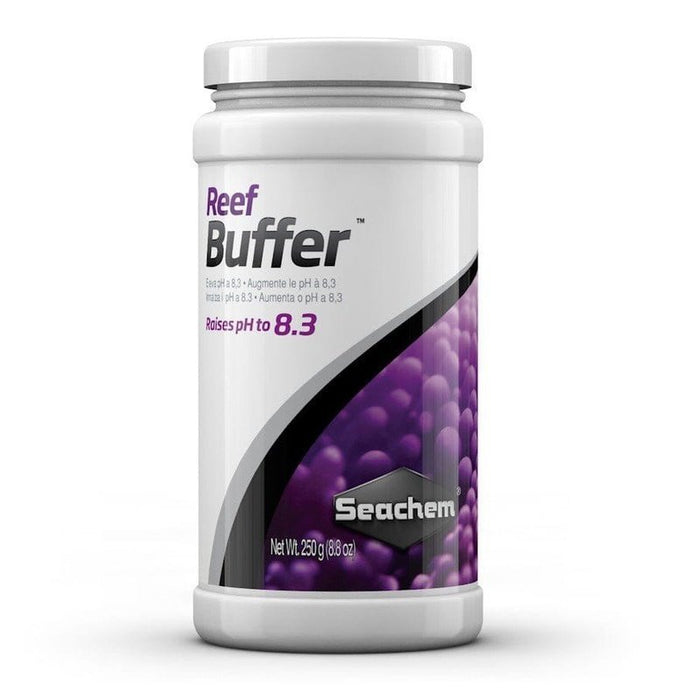

by Seachem
CODE SC67607
Original price
$16.95
-
Original price
$49.95
Original price
$16.95
$16.95
-
$49.95
Current price
$16.95
Availability:
2 in stock.
Availability:
1 in stock.
Availability:
2 in stock.
